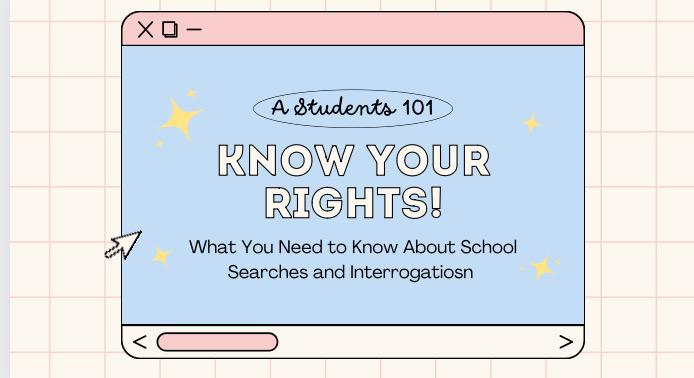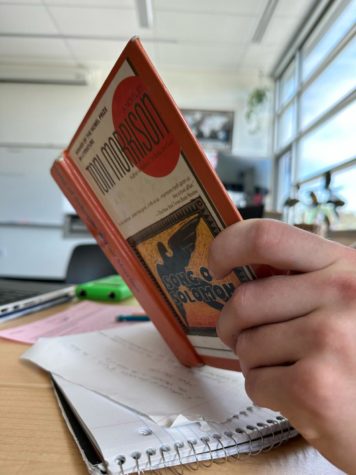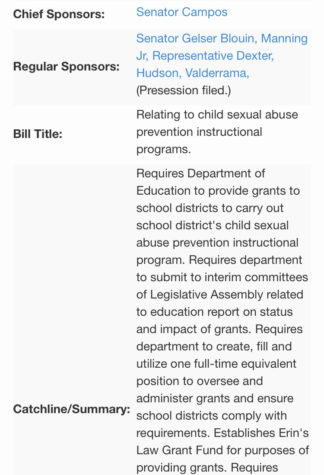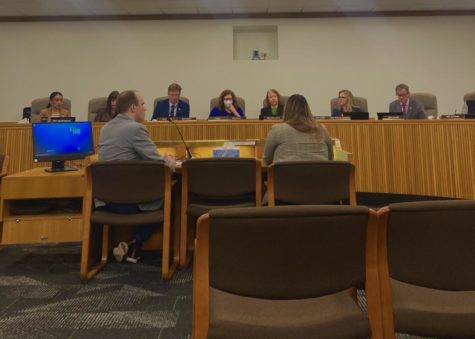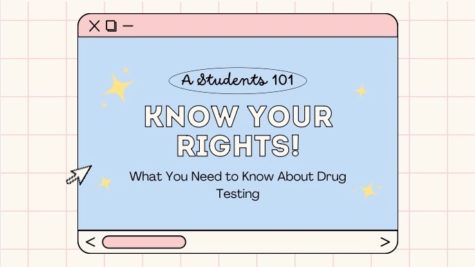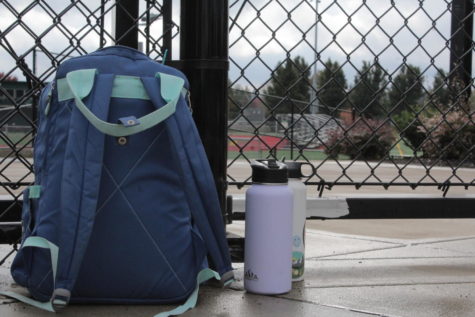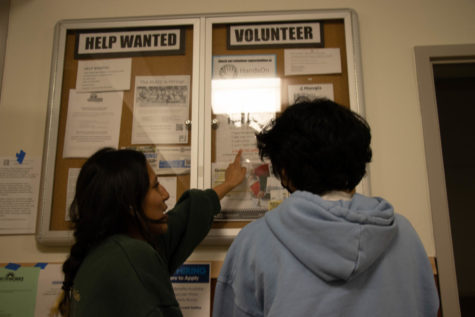A student’s guide to privacy
Your guide to knowing a student’s rights when it comes to school interrogations and searches.
Know about your right to privacy as a student.
March 14, 2023
Due to the rise of mass shootings in America, many school districts have made the decision to implement the use of School Resource Officers (SROs). Due to the police presence on school grounds, SROs have been a key part of criminal and civil investigations regarding student conflicts. However, when discussing student safety within schools, it is also equally important to advocate for student safety in interrogation; here is a guide to a student’s right to privacy.
Remaining Silent
If a SRO or other local law enforcement official is questioning you in a formal setting (different from casual questioning in the hallways) you have the right to remain silent, as well as refuse to write or sign a statement. Anything that you have said can be and will be used against you in a court of law. If you choose to make a statement at the given time, make sure to have a parent or guardian, or an attorney present. Your right to remain silent is also crucial because silence can not be taken as a sign of self-incrimination. If you are being arrested or detained, do not resist or fight the arrest. It is important to refrain from talking, signing any statement, or making any decision without a lawyer present.
If a teacher or administrator is asking to question you, there is usually no real threat in answering, unless they are accusing you of having committed a crime. If that is the case, you have the right to remain silent, but do not explain your situation, do not lie, and do not confess until you have a legal guardian or lawyer there.
SRO Searches
School Resource Officers and local enforcement are allowed to conduct different levels of searches on students. If an SRO is asking to conduct a search of your personal belongings they have the right to do so under reasonable suspicion, however, students have the initial right of refusal. The “reasonable suspicion” that led to the search has to have a sufficient correlation of uncovering evidence that is relevant to the crime or infraction you have committed. Secondly, the search shall be conducted in a way that is approaching a student’s age and grade level at the time.
Although there is no clear legal definition of reasonable suspicion, the ACLU of Southern California outlines some basic guidelines; “should be based on facts specific to you or your situation… it cannot be based on a rumor, hunch, or curiosity.”
Searching or Confiscating your Phone
If an SRO is asking to search your phone or asking to confiscate your phone as police evidence, you may ask to see a warrant. Since your own phone is considered your property, police officers need a valid warrant issued by the local jurisdiction to search you.
School administrators have a looser legal groundwork when conducting searches, due to a legal precedent called loco parentis, which states the school assumes parental responsibilities while participating in school activities. In the 1985 Supreme Court case of New Jersey v. T.L.O, the court had stated schools can conduct searches without a warrant if there is, “reasonable grounds for suspecting that the search will turn up evidence that the student has violated… either the law or rules of the school.”
However this ruling does not give authority to conduct searches simply because there is a known suspect; there has to be direct evidence, testimonial or physical evidence, that you have probable guilt.
At no time should you ever be strip-searched by a school administrator or an SRO on school property, which has been deemed unconstitutional in the case of Safford Unified School District v. Redding (2013).
With the 2023 long session underway and Oregon’s state legislature convening for six months, there have been many newly introduced bills advocating for student protections, as well as certain bills aimed to reduce protections. One of the prominent bills advocating for student rights is SB 19, which would prohibit peace officers, school resource officers, and the special campus security officer from conducting any official custodial interview with a minor unless there is an attorney present. Although passage is unsure, it has become a popular bill for students across Oregon who are fighting for more school protections. Students can testify in favor of this bill, when the second hearing is scheduled, or they can reach out to their local legislators to support this bill.
If your legal rights are threatened, please contact the ACLU of Oregon
https://www.aclu-or.org/en/legal-request


